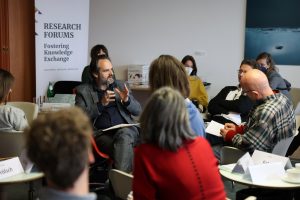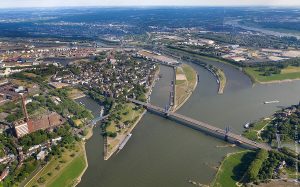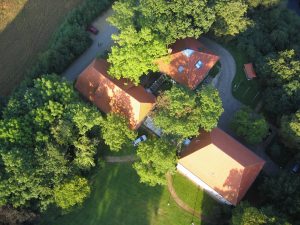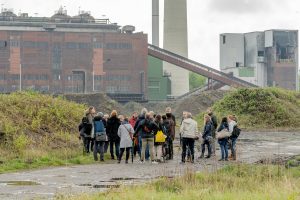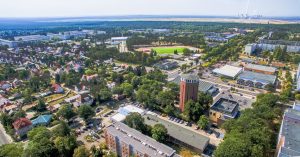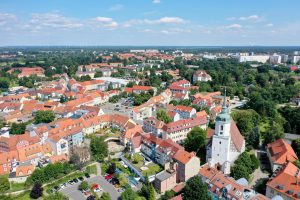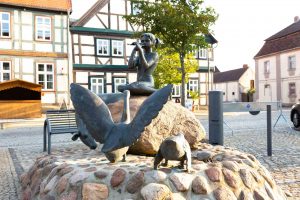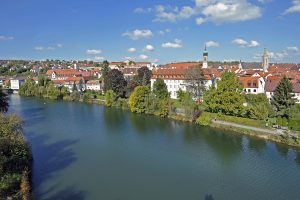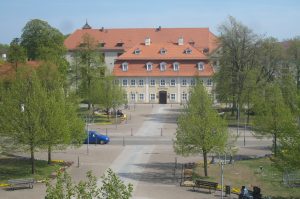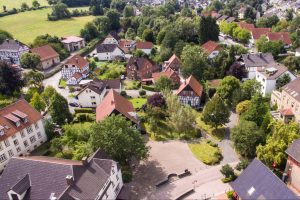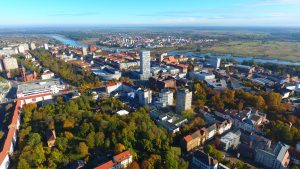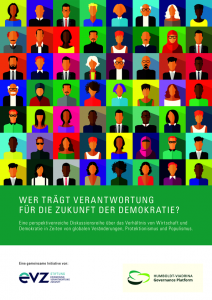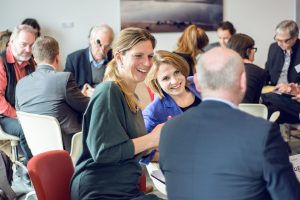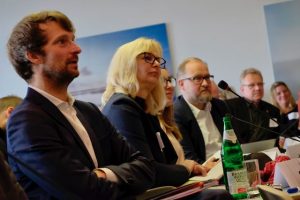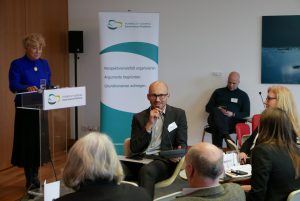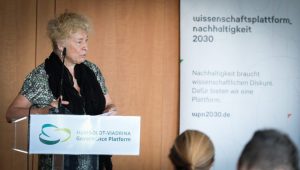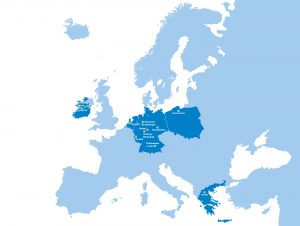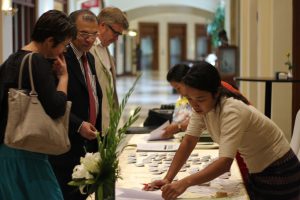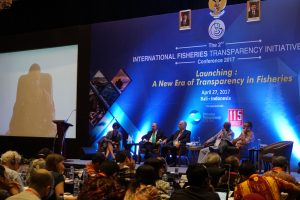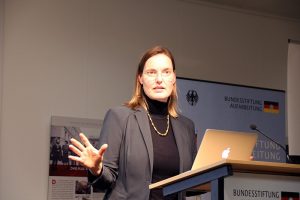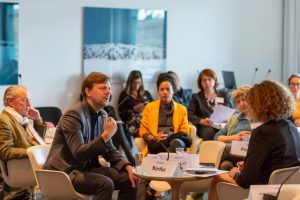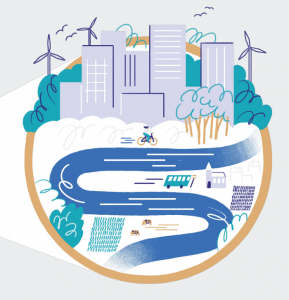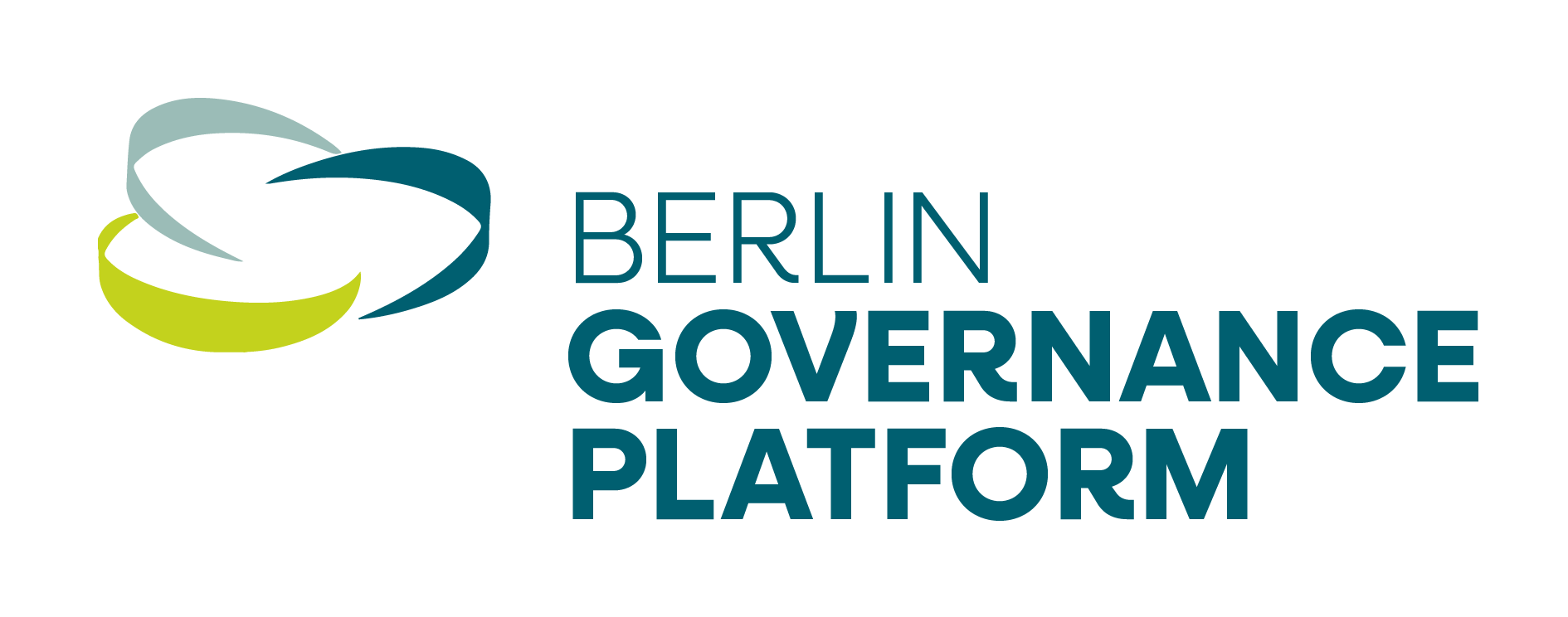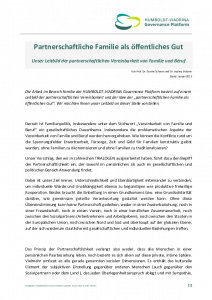Family policy, particularly with regard to the compatibility of family and career, is an ongoing social issue. In particular, the problematic aspects of reconciling family and career are at the centre of the debate. How can the conflicts surrounding the conflicting areas of gainful employment, care, time and money for families be resolved constructively without economising families and without traditionalising families?
Our proposal, which we have developed in numerous dialogues (starting in 2009 at the Humboldt-Viadrina School of Governance), introduces the concept of partnership, which is applied in the personal as well as the social and political sphere. Our aim is always to combine difference and equality in order to favour individual dignity and independence as well as productive voluntary cooperation. At the same time, the family is a "public good" and at least as important as education, health, transport and infrastructure. The principles according to which individual families are organised or structured are shaped by society and, conversely, continue to have an impact on it.
Context of the trialogue
The implications and perspectives of the First Gender Equality Report, in particular its multifaceted and open mission statement, should be communicated to the public in a positive and emotionally appealing way. With this in mind, a trialogue on the topic of "Public communication on the topic of equality" was held on 21 November 2014 in collaboration with the Federal Ministry for Family Affairs, Senior Citizens, Women and Youth.
Aim of the trialogue
The following questions and topics in particular were discussed in a protected atmosphere and discursive openness:
Structure of the trialogue
The event opened with an introductory lecture by Prof Dr Gesine Schwan and an introductory discussion (discussions in accordance with the Chatham House Rule). Three stakeholders then gave 20-minute input presentations on their positions, experiences and own perceptions on the topic of equality and the communication of the topic. The impetus from these presentations served as the basis for the subsequent joint discussion.
In the afternoon, the participants initially split into two workshops. In the workshops, key points for the further communication of the results of the Gender Equality Report were developed. When dividing up the participants, it was ensured that representatives from politics, the corporate sector and organised civil society were represented in both working groups.
In the second part of the afternoon, both working groups came together again with their results from the workshops and formulated - as far as possible - common key points. Remaining differences were highlighted.
Context of the trialogue
Against the backdrop of the ongoing public debate on new approaches to working time policy and the topic of reconciling family and career in a spirit of partnership, we organised a trialogue on 20 March 2015 in collaboration with the Federal Ministry for Family Affairs, Senior Citizens, Women and Youth on the topic of "What kind of working (time) culture do we need?"
Aim of the trialogue
The following questions and topics in particular were discussed in a protected atmosphere and discursive openness:
Structure of the trialogue
The event began with an introductory lecture by Prof Dr Gesine Schwan and an introductory discussion (discussions in accordance with the Chatham House Rule). This was followed by two 20-minute input presentations in which stakeholders presented their (different) positions and experiences for the subsequent joint discussion. In the afternoon, the necessary steps for establishing a new work (time) culture were defined in workshops.
